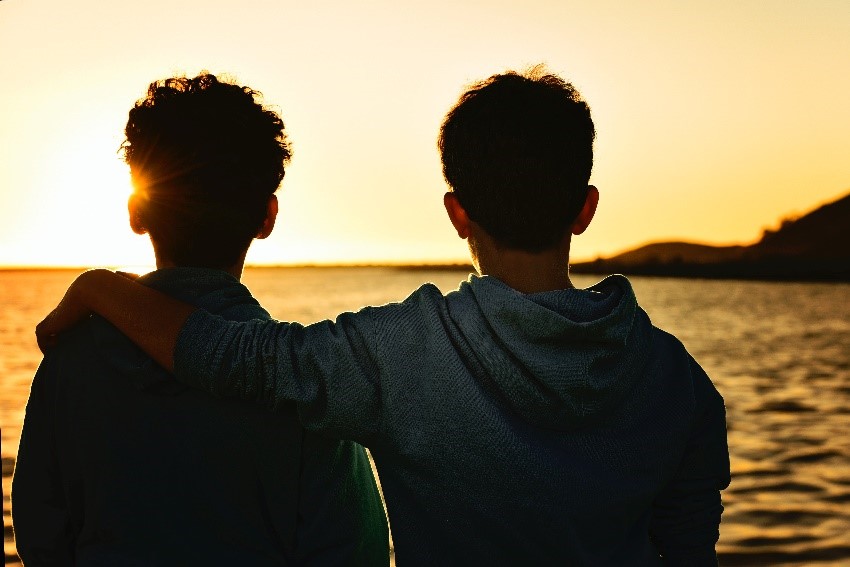Children and young people’s voices in times of COVID-19!

Author: Dr. Carine Le Borgne, Senior Policy Adviser and It Takes a World Lead, World Vision UK
Children and young people are active, competent social actors who can make decisions and influence their environments. For World Vision, it is vital to include children and young people in issues which affect them such as COVID-19.
World Vision gathered 110 children and young people online from 14 countries (Albania, Bangladesh, Bosnia and Herzegovina, Brazil, Democratic Republic of Congo (DRC), Mali, Mongolia, Nicaragua, Peru, Philippines, Romania, Sierra Leone, Syrian children and young people living in refugee camps near the Turkish-Syrian border and the United Kingdom) to discuss COVID-19 and the impact it’s had on their lives.
The report ‘Children and young people’s voices in times of COVID-19’ explores children and young people’s views and experiences during the COVID-19 outbreak, their ideas on how to engage in online community-based activities to support their peers and communities, and their thoughts on how to raise awareness on protective measures against COVID-19. Although the children and young people came from a wide range of backgrounds, contexts, and countries, their experiences and actions in the face of COVID-19 fell within common themes.
Two major themes emerged: the first was that children and young people’s lives had been changed on a massive scale. Across all 14 countries the interviewees identified four dimensions that changed children and young people’s lives on a vast scale: school disruption, emotional distress due to social distancing, increasing violence, and increasing poverty.
We are very worried for the people who are informal workers, those who make their income on a daily basis. These people are suffering the consequences of the quarantine, and their families will start to starve very soon. So, solidarity will be very important to support each other. (Jose, 15, Peru)
The second key theme showed that even though children and young people were keeping safe, they wanted to mobilise against the expansion of COVID-19. Children and young people were fully aware of current events surrounding the pandemic and were abiding by the regulations and quarantines imposed by their governments. However, they expressed a desire to find ways to help and support others, such as raising awareness and supporting their peers, even though they knew they needed to find new ways to do so online to comply with movement restrictions.
Radio is one of the most powerful media channels, like social media. Kids can talk to live programmes on the radio by connecting to the programme via mobile calls. We can also invite a specialist physician who can talk about solutions and guidance. (Sanjidul,15, Bangladesh)
The findings of this study underline the importance of recognising children and young people’s understanding of crises and the need to support meaningful spaces and partnerships with children and young people to help them take action to reduce the spread of COVID-19.
In every country, the child respondents highlighted the need to focus on the most vulnerable populations. They said governments, civil society, and non-governmental organisations need to consider their voices in their responses to this crisis.
I am concerned that children and young people that come from fragile contexts may not have been recognised as being in that situation. I’ve read something in the news that more children are expected to be forced into child marriage because of coronavirus specifically. I think a lot of children will be exposed to domestic violence and things like that, that maybe wouldn’t have otherwise, and the government won’t be able to identify those children during lockdown. (Disha, 16, UK)
For World Vision, supporting dialogue between children and young people, decision-makers and influencers is crucial, so that the reality of the experience and impact of COVID-19 on children and their families can be heard and the necessary steps can be taken to improve all aspects of COVID-19 responses based on the perspectives of children and young people.
At the end of June 2020, for the virtual launch of the report, young people from Bangladesh, Romania and the UK discussed directly the findings of the research with Ben Everitt, UK Member of Parliament.
It’s inspiring to speak to young people from around the world who are clearly making such a difference. You are absolutely right, you are the changemakers. I think that [online platforms] is quite obviously one of the ways that we have got younger people’s voices involved and if we maintain that we can certainly pick that up. Thank you for having me. It’s been incredibly useful and enlightening. (Ben Everitt, Member of Parliament)
Report link
Photo credit
Photo by Jude Beck on Unsplash




Comments are closed
Comments to this thread have been closed by the post author or by an administrator.